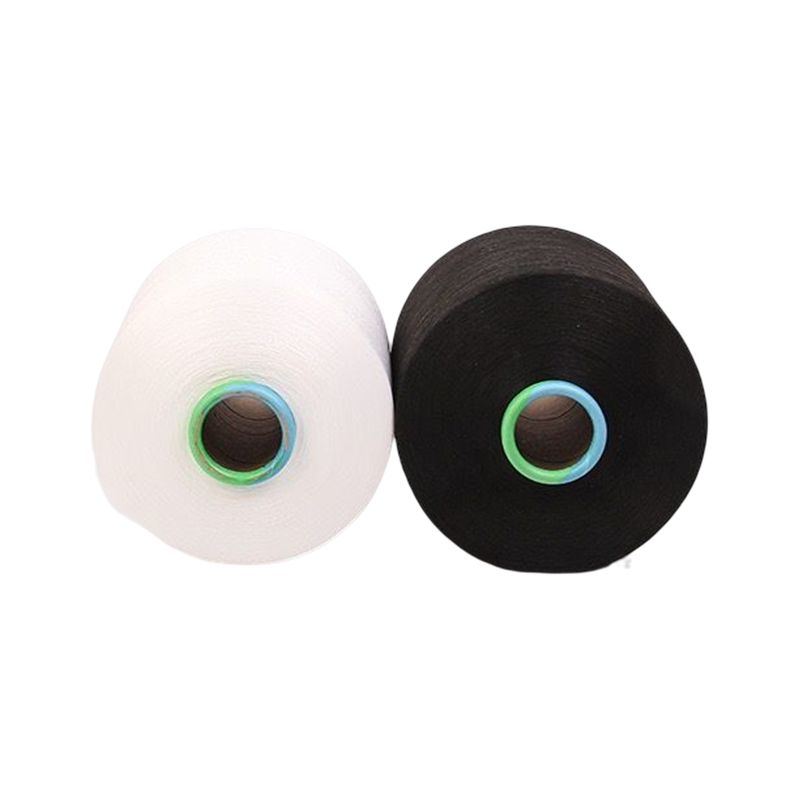Polyester yarn is widely used in textiles, but different production methods create variations like DTY (Draw Textured Yarn) and FDY (Fully Drawn Yarn). Understanding their differences helps buyers make informed decisions.
Lightweight soft polyester DTY yarn Light Pink/Red/White/Purple/Yellow ZR0161-ZR0313 758
1. Polyester DTY vs FDY: Understanding the Differences
DTY (Draw Textured Yarn) and FDY (Fully Drawn Yarn) serve different purposes in textile manufacturing.
Key Differences:
| Feature | Polyester DTY | Polyester FDY |
|---|---|---|
| Process | Drawn, then textured for elasticity | Fully drawn, smooth, no texturing |
| Texture | Soft, stretchy, bulky | Smooth, high strength, less elastic |
| Uses | Knitting, sportswear, socks | Woven fabrics, linings, home textiles |
| Cost | Slightly higher due to texturing | Lower, simpler production |
Which to Choose?
- DTY is ideal for stretchy, soft fabrics (e.g., leggings, sweaters).
- FDY suits smooth, durable fabrics (e.g., dress shirts, curtains).
Which to Choose?
DTY is ideal for stretchy, soft fabrics (e.g., leggings, sweaters).
FDY suits smooth, durable fabrics (e.g., dress shirts, curtains).
2. Buying Polyester DTY 150D/48F: Specifications & Tips
150D/48F is a common DTY specification, where:
150D (Denier) = Thickness (higher = thicker yarn).
48F (Filaments) = Fineness (more filaments = softer yarn).
Buying Considerations:
Application:
Lower denier (e.g., 75D) → Lightweight fabrics.
Higher denier (e.g., 300D) → Heavy-duty textiles.
Quality Checks:
Even dye uptake (indicates good texturing).
Low broken filaments (prevents fabric defects).
Supplier Reliability:
Request samples before bulk orders.
Check certifications (ISO, OEKO-TEX for safety).
3. Recycled Polyester DTY Manufacturers: A Sustainable Alternative
With growing eco-conscious demand, recycled polyester DTY (rPET) reduces plastic waste.
Why Choose Recycled DTY?
Environmental Impact: Uses post-consumer PET bottles, reducing landfill waste.
Performance: Nearly identical to virgin polyester in strength and durability.
Market Demand: Brands increasingly prefer sustainable materials.
Finding Reliable Manufacturers:
Certifications: Look for GRS (Global Recycled Standard) or RCS.
Transparency: Suppliers should provide sourcing & recycling process details.
Testing: Ensure yarn meets industry standards for strength and dyeability.

 English
English
 Español
Español


-1.png)

-2.png)
-2.png)
-3.png)
